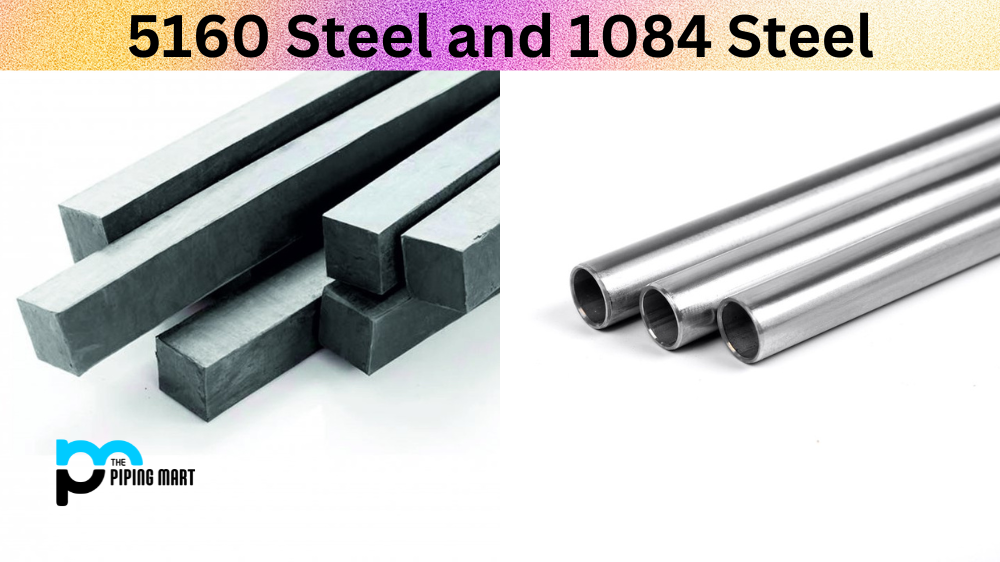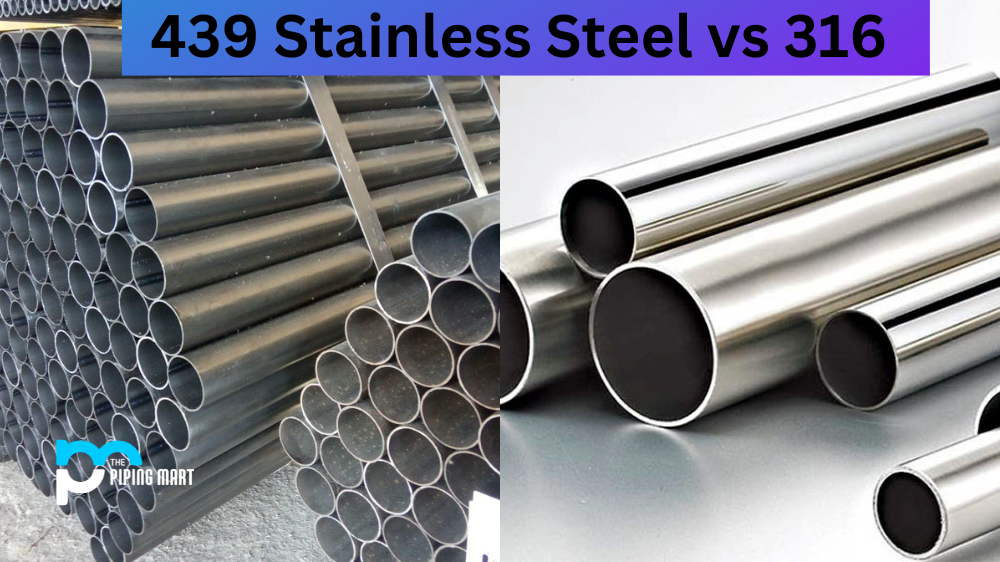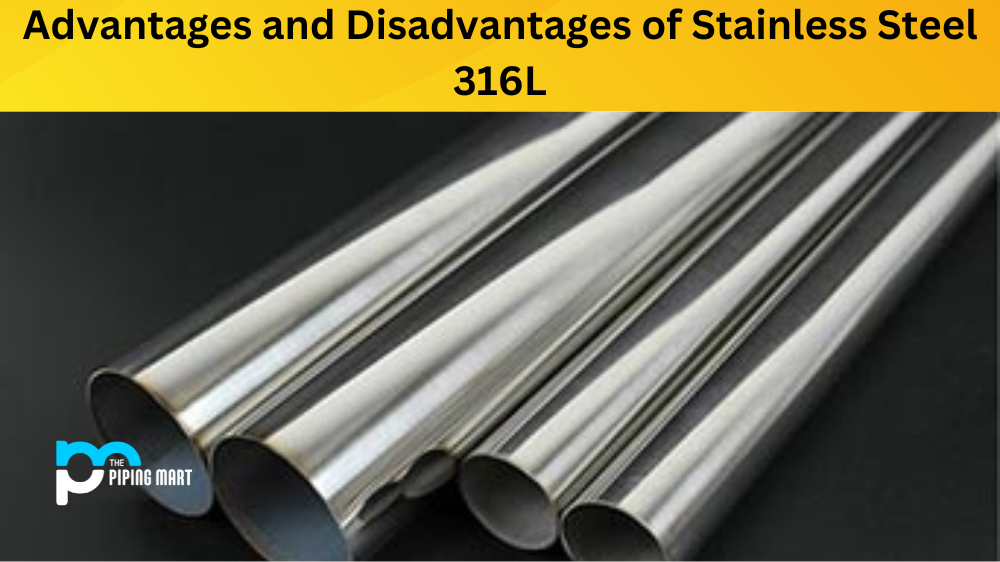Silicon bronze is an alloy of copper, tin, silicon, and zinc. It is a popular metal for many applications in the industrial and manufacturing sectors because of its high strength and low corrosion resistance. In this blog post, we’ll explore the benefits and drawbacks of using silicon bronze in your projects.
5 Advantages of Silicon Bronze
One of the most notable advantages of using silicon bronze is its high tensile strength. This means that it can withstand greater levels of stress before breaking than other metals, such as aluminum or steel. Additionally, it has good electrical conductivity and excellent corrosion resistance. This makes it ideal for use in environments with high humidity or salt-water exposure, such as marine vessels or coastal areas. Its ability to resist corrosion also makes it suitable for use in food processing equipment and medical devices, where contact with human skin could cause rusting or damage from other metals.
Another benefit to using silicon bronze is its machinability; it can be easily cut and formed into desired shapes with standard tools such as lathes, drills, saws, etc., without requiring special cutting fluids or lubricants like some other metals require. As an added bonus, due to its low toxicity levels (it contains no lead), it can be safely disposed of after use without posing any environmental hazards.
Excellent Corrosion Resistance
One of the primary advantages of silicon bronze is its excellent corrosion resistance. Silicon bronze is resistant to a wide variety of corrosive agents, including salt water, acids, and alkalis. This makes it an ideal material for a number of applications, such as marine hardware, chemical processing equipment, and architectural structures.
High Strength
Silicon bronze also has a high strength-to-weight ratio, making it an ideal choice for applications where weight is a concern. For example, silicon bronze is often used in the construction of aircraft and spacecraft due to its high strength and low weight.
Good Electrical and Thermal Conductivity
Another advantage of silicon bronze is its good electrical and thermal conductivity. Silicon bronze has a higher conductivity than copper, making it an ideal choice for electrical applications. Additionally, silicon bronze has a good thermal conductivity, making it an ideal choice for heat exchangers and other thermal management applications.
Good Weldability
Silicon bronze also has good weldability, making it easy to join together using welding techniques. This is important in applications where a strong joint is required, such as in the construction of buildings or bridges.
Non-Magnetic
Finally, silicon bronze is non-magnetic, making it an ideal choice for applications where magnetism is undesirable. For example, silicon bronze is often used in the construction of electric motors and generators.
5 Disadvantages of Silicon Bronze
Although there are many advantages to using silicon bronze in your projects, there are some potential downsides as well. One disadvantage is its cost; it tends to be more expensive than other metals due to its limited availability on the market and higher production costs during manufacture. Another downside is that although it has good machinability, it does require longer cutting times than other metals due to its density. Additionally, because of its low melting point (around 890 degrees Celsius), it must be used at lower temperatures compared to some other metals when welding or soldering – which can limit what processes you’re able to employ when working with the material.
Less Corrosion-Resistant
One of the primary disadvantages of silicon bronze is that it is less corrosion-resistant than other types of bronze. This means that it is more likely to rust and corrode over time, which can lead to structural damage
More Expensive
Silicon bronze is also more expensive than other types of bronze, which can make it prohibitive for some applications.
Requires More Maintenance
Because silicon bronze is more susceptible to corrosion, it also requires more maintenance than other types of bronze. This can be a significant downside for applications where regular maintenance is not possible or practical.
Not as Strong
Silicon bronze is also not as strong as other types of bronze, which can limit its usefulness in some applications
Limited Availability
Finally, silicon bronze is not as widely available as other types of bronze, which can make it difficult to find for some projects.
Conclusion
In conclusion, silicon bronze offers a number of benefits for those looking for a durable metal that can withstand harsh conditions while still remaining relatively easy to work with. However, if you’re limited by budget constraints or need something that can withstand higher temperatures during welding/soldering processes, then you may want to consider alternative materials instead. Overall though, silicon bronze offers plenty of advantages – especially when used in industries requiring strong yet safe materials – making it an ideal choice for many applications!

Pipingmart is a B2B portal that specializes in metal, industrial and piping items. Additionally, we share the latest information and information about materials, products and various types of grades to assist businesses that are involved in this business.



